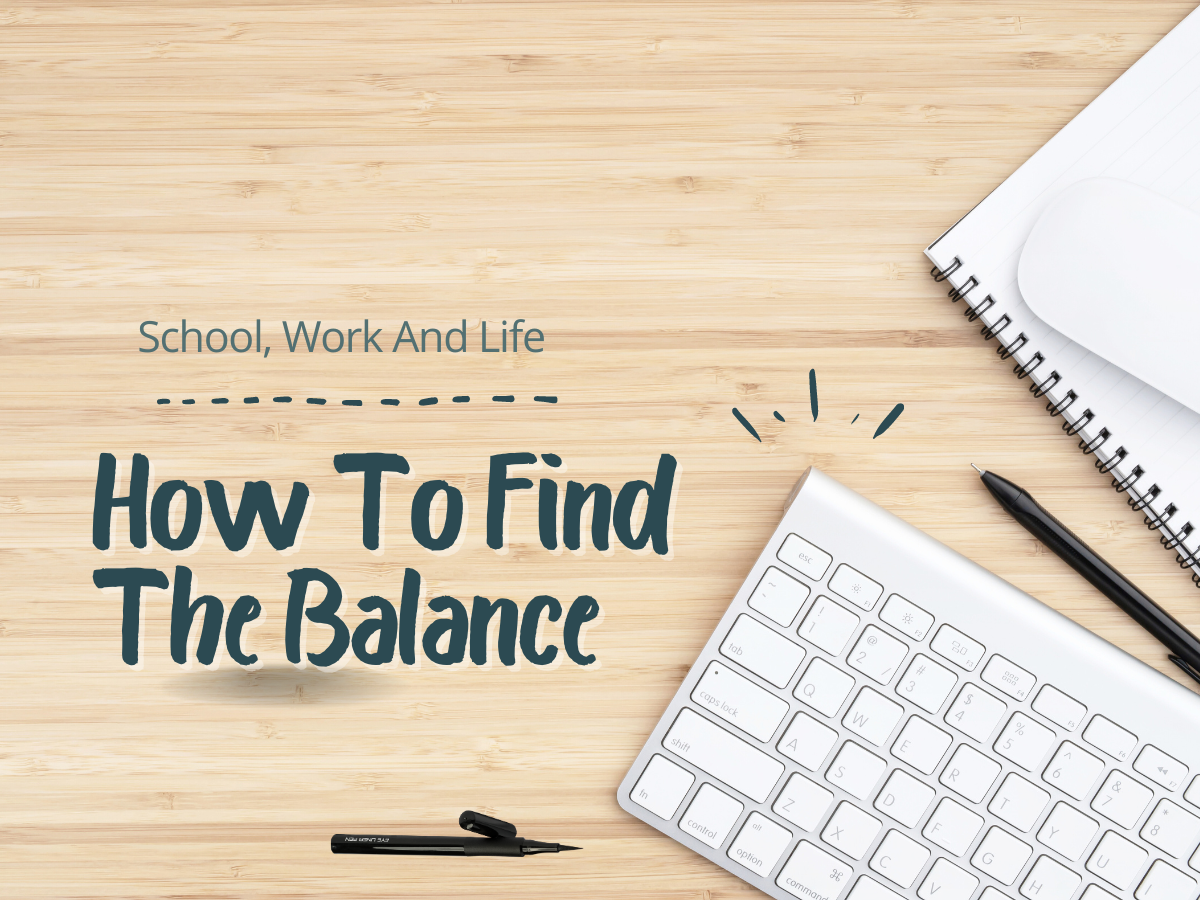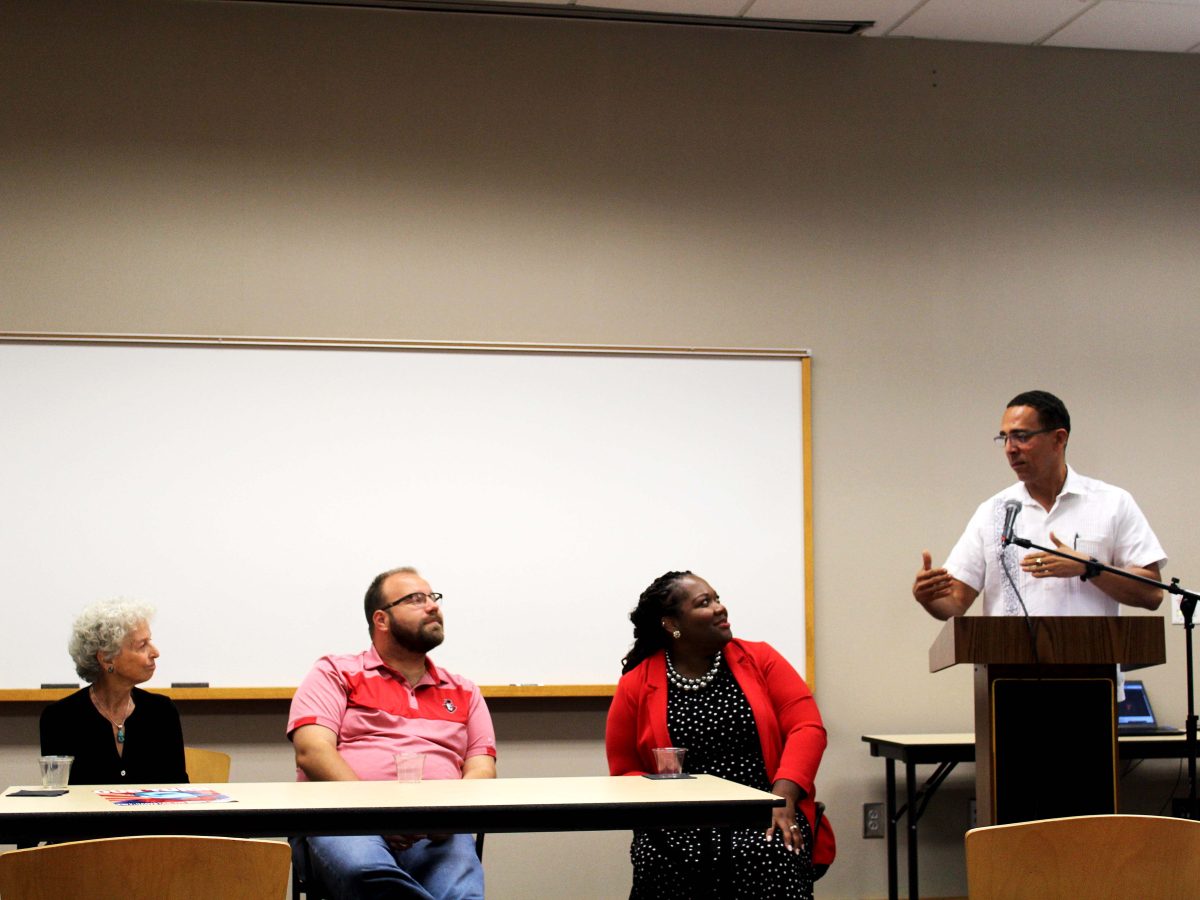By Drew Martin
While one can be good without God, is it possible that humanity is better with God?
For the most part there’s no point arguing whether someone can be good without God. There are many examples of good people who have no belief in God. Mark Zuckerberg, Daniel Radcliffe, Billy Joel, and Stephen Hawking are all good people who live without a belief in God.
However, the question is not how good a person is without God or how bad a person can be with God; instead the question is if religion makes a person better. C.S. Lewis, an Oxford and Cambridge professor wrote about this issue in his book “Mere Christianity.” Lewis states that the issue isn’t whether a random atheist can be a better person than a random Christian. Rather, the issue is how much better the atheist might be with God and how much worse the Christian would be without God.
Moments of evil in religion’s history and immoral people who believe in God are not examples of religion’s failings. Religion isn’t about being perfect; it’s about recognizing that people will always be imperfect. “Religion isn’t about being a better person, it’s about striving to be a better person,” said junior history major Zach Puckett.
This idea of religion as a vehicle for self-growth embodies the famously quoted metaphor of religion as a hospital meant to heal the sick, not the healthy.
Ironically, religion as a force of healing is not far from the truth. While religion might be intended to improve people morally, religion is also found to have a large effect on one’s health.
One study by Harvard professor David Williams, “Spirituality, Religion and Health: evidence and research directions,” analyzes over 1200 studies and examines how religion affects health. This study admits that religion is not always good for one’s health stating, “Certain types of religious coping may also adversely affect health,” which could lead to depression. Religion also can cause stress if one does not fit in well with the religious community.
However, these bad effects are understandable, as mental health is often affected by one’s environment and how one copes with this environment. If religious beliefs don’t allow a person to cope well with tragedy then their mental health will be harmed. However, religion usually provides people with healthy coping mechanisms and provides strength in times of hardship. These negative effects of religion then are the exception and not the norm.
Beyond these issues though, religion is shown to positively affect health. According to the study, “spiritually augmented therapies were more successful than non-spiritual conventional therapies in reducing patients’ depressive symptoms” while also lowering blood pressure, increasing immune system response and reducing stress. This benefit of religion probably comes from the human desire for the world to have a purpose and order. If a person believes there is a God and a purpose to all things, then stress naturally goes down, which increases one’s overall health.
However, the biggest finding of this study is that there is an association between religion and mortality. Those who believe in God are less likely to die during a given period of time than non-believers. One study of “21,000 adults” showed “people who had never attended [religious] services having a 19 times higher risk of death over an 8-year period than those who attended more than once a week.” Another study of 126,000 people found that those who believed in God had a 26 percent higher chance “of being alive at follow-up” than non-religious people.
There is no clear reason for such a drastic difference in mortality between the religious and the non-religious. The only possible explanation is that (as the study indicates) religious adolescents are less likely to use drugs, drink alcohol, smoke, have depression or commit suicide. This shows more religious people stay away from potentially harmful behaviors.
No matter where these benefits come from, these studies state religious people suffer less from mental health issues, have better blood pressure and immune systems and are less likely to die early, showing that believing in God is a “healthy” belief.
Fyodor Dostoevsky, a well known Russian writer, was a believer in God. He was convinced that there could be no better world without God and said, “If anyone proved to me that Christ was outside the truth and it really was so that the truth was outside Christ, then I would prefer to remain with Christ than with the truth.”
In this world, people can be good with or without God, and there are no perfect arguments for or against God. At the same time, we are physically healthier when we follow religion. So perhaps in this uncertain world, it’s better to have faith like Dostoevsky and choose God, as it is the human thing to believe.













